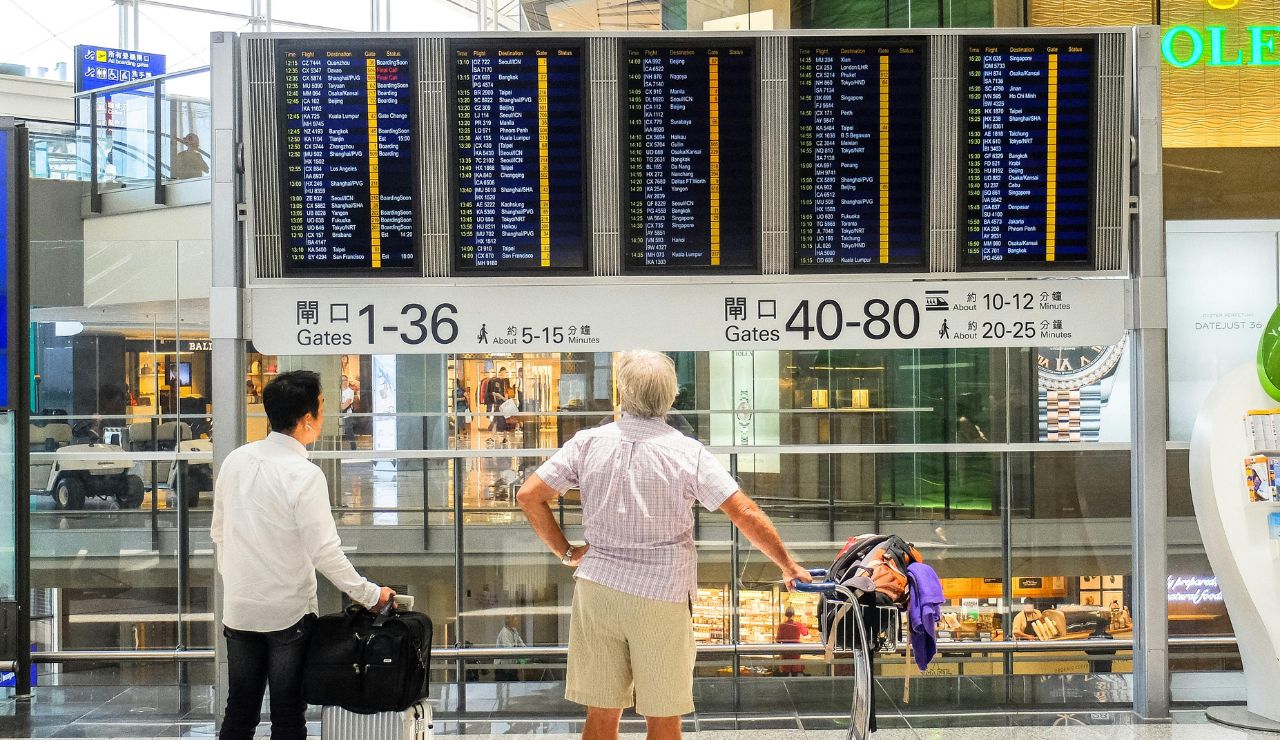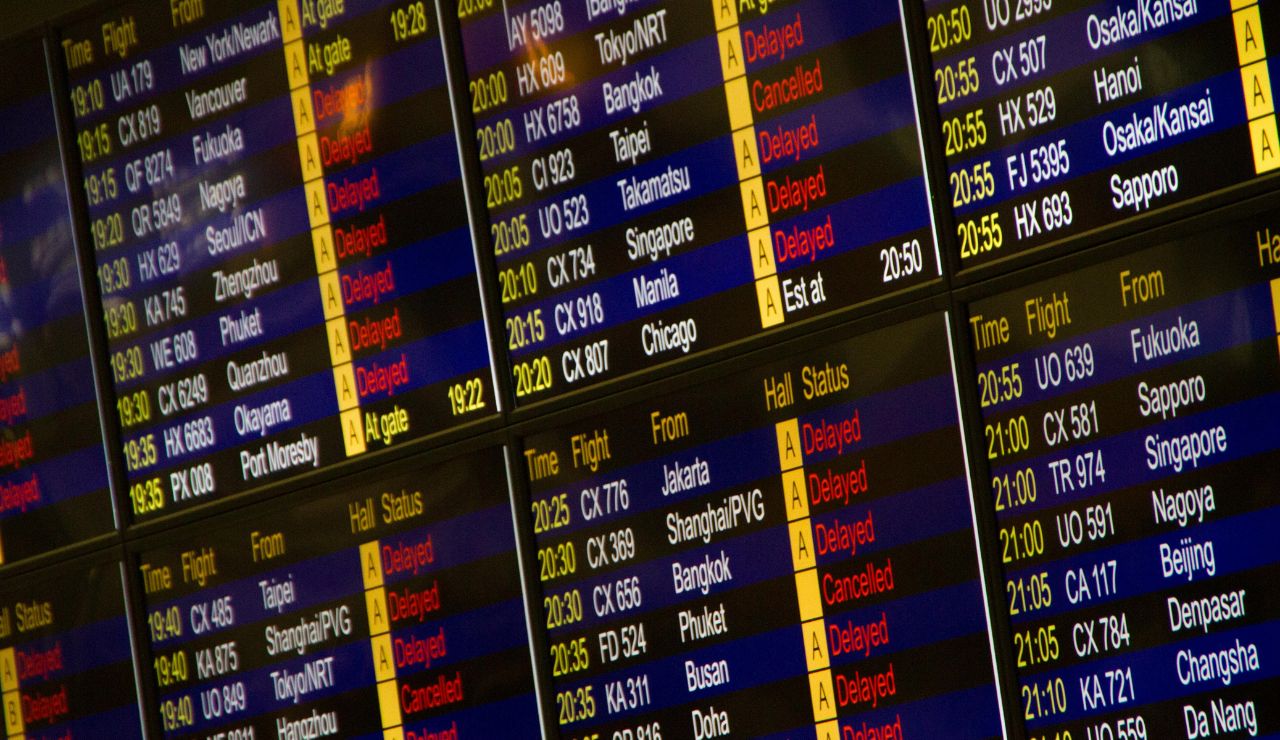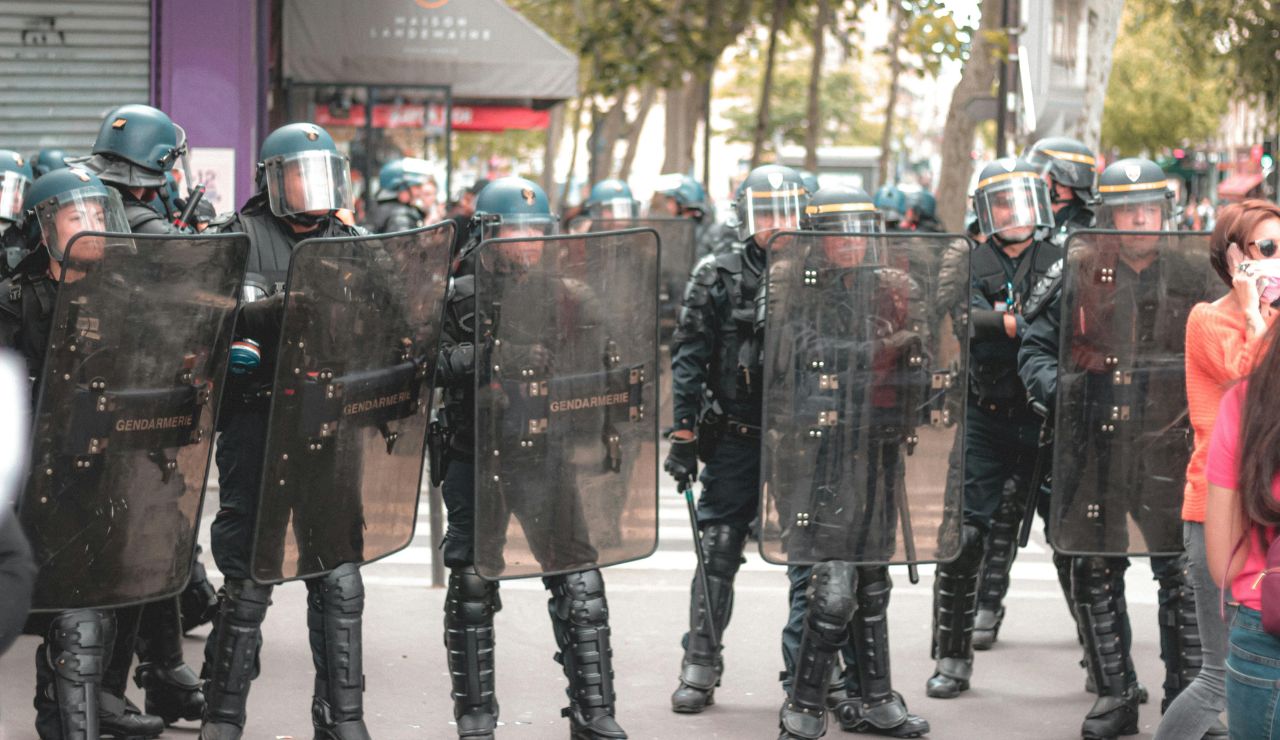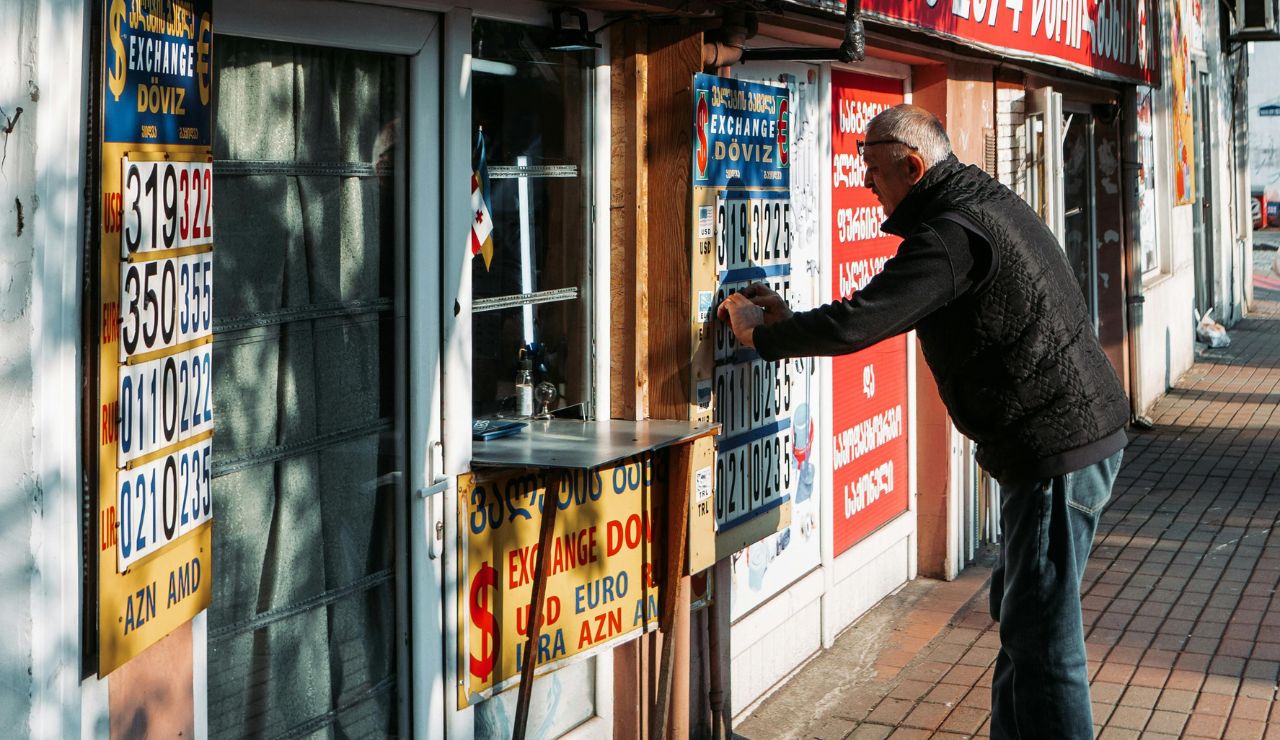13 Reasons Americans Are Worried About Traveling Abroad in 2025

In 2025, Americans aren’t just dreaming about faraway getaways, they’re also weighing serious concerns before booking those plane tickets. From rising geopolitical tensions to fears about scams and safety, global travel has become a more complex, emotionally loaded experience. While the desire to explore remains strong, many are pausing to ask, “Is it really safe or even worth it right now?” Here are 13 reasons U.S. travelers are feeling more hesitant than ever about heading overseas this year.
1. Rising Global Political Tensions

Ongoing conflicts in Eastern Europe, the Middle East, and parts of Asia have cast a long shadow over global travel plans. Even when a destination is technically safe, its proximity to war zones or unstable regions can make travelers nervous. The fear isn’t just about direct danger, it’s about sudden border closures, flight disruptions, or getting caught in geopolitical crossfire. With headlines constantly shifting and alliances changing on a dime, many Americans are rethinking vacations that once felt routine. For 2025, global uncertainty is making even seasoned travelers pause and reconsider where and how far they’re willing to go.
2. Increasing Anti-American Sentiment

In 2025, a noticeable rise in anti-American sentiment in parts of the world, often linked to trade policies and tariffs, has made some U.S. travelers feel uneasy overseas. While most locals remain welcoming, the global political climate has sparked more instances where Americans feel singled out, whether through side comments, cold service, or uncomfortable stares. Wearing clothing with U.S. flags or logos, or even casually mentioning American politics, can occasionally trigger awkward interactions. These moments, though rare, are enough to make travelers more self-conscious and cautious about how they present themselves abroad.
3. Surge in Travel Scams and Tourist Targeting

Scammers are evolving faster than ever, with AI-powered tactics gaining ground, and tourists, especially those unfamiliar with local customs or digital systems, remain prime targets. In 2025, Americans are increasingly worried about tech-driven scams, like bogus ride-share apps, cloned Wi-Fi networks, or fake booking confirmations designed to harvest personal data. Even low-tech schemes like rigged taxi meters or “helpful” locals pushing overpriced tours can leave travelers feeling duped and vulnerable. With stories of elaborate tourist traps circulating widely on social media, many Americans feel they need to research destinations extensively just to avoid being taken for a ride, literally and figuratively.
4. Unpredictable Weather and Climate Events

Extreme weather has become a growing concern for Americans traveling abroad in 2025. Unpredictable heat waves, flash floods, wildfires, and off-season storms have disrupted everything from beach vacations to mountain treks. What once were considered “safe seasons” are now riddled with weather-related cancellations, delays, or dangerous conditions. Destinations known for mild climates can quickly become high-risk zones, leaving travelers scrambling to rebook or cut trips short. For many, the rising financial and emotional toll of navigating these climate-driven disruptions is enough to put international travel on hold entirely.
5. Safety Concerns in Major Tourist Hubs

Even globally beloved cities like Paris, Barcelona, and Bangkok are no longer seen as carefree havens. Rising incidents of pickpocketing, bag snatching, and even more serious threats have made some Americans wary of blending into packed tourist crowds. Popular landmarks, once all about photo ops, now come with a lingering sense of vulnerability especially during high-traffic events like parades, protests, or national holidays. The fear of being caught in a public disturbance or targeted in a high-profile attack has shifted how many travelers assess risk, even in places once considered bucket-list safe.
6. Complicated Visa and Entry Requirements

Post-pandemic travel has brought a surge in red tape that’s frustrating many Americans. Once-simple getaways now involve online pre-clearance, proof of vaccinations, travel insurance mandates, and unclear visa-on-arrival procedures. Some countries change entry requirements with little notice, catching even well-prepared travelers off guard. For those used to breezing through customs, the new normal of paperwork, health screenings, and ever-evolving rules can feel like more trouble than it’s worth. That added stress is pushing many to delay or skip international plans altogether in favor of simpler domestic alternatives.
7. Threat of Airline Strikes and Travel Delays

Labor strikes and staffing shortages, particularly in Europe, have thrown a wrench into global air travel in 2025. From pilots walking off the job to baggage handlers staging protests, these disruptions have caused cascading delays, sudden cancellations, and chaotic airport experiences. Travelers are left scrambling for rebookings or stuck in terminals with little information. For Americans on tight schedules, the prospect of getting stranded in a foreign country due to a labor standoff or system meltdown feels like a risk not worth taking. Even those eager to explore are thinking twice when basic reliability feels so uncertain.
8. Language Barriers in Critical Situations

While translation apps have made it easier to navigate restaurants and train stations, they often falter when it matters most. In emergencies whether it’s a car crash, sudden illness, or a run-in with the law language barriers can quickly escalate confusion and delay critical help. For American travelers, especially solo adventurers or older tourists, the fear of miscommunication during a crisis is real. Without fluency, even simple situations can spiral into high-stress ordeals. This lack of confidence in handling the unexpected abroad is pushing many to stick to English-speaking destinations or stay closer to home.
9. Fear of Being Caught in Civil Unrest

Protests and demonstrations are erupting with increasing frequency across the globe, often with little warning, and surveys show many travelers actively avoid affected areas. While tourists may not be the intended focus, it’s easy to get swept into roadblocks, closed attractions, or even tense police crackdowns. What begins as a peaceful rally can quickly escalate, disrupting transit, communications, and safety. For Americans unfamiliar with local political dynamics, the unpredictability adds another layer of risk. With safety top of mind, many are now avoiding destinations known for frequent civil unrest, even if those places were once travel favorites.
10. Concerns Over Emergency Medical Care

Access to healthcare abroad remains a top concern for many Americans in 2025. While some countries provide excellent medical care, others fall short especially in remote or rural regions. Language barriers, unfamiliar systems, and the fear of surprise costs or denied insurance claims make emergencies abroad feel more daunting. For travelers with pre-existing conditions, the thought of needing urgent care without clear access or support is enough to reconsider overseas plans. Even seasoned travelers now double-check evacuation coverage and hospital proximity before booking international trips.
11. Economic Instability and Currency Confusion

Fluctuating exchange rates and unstable regional economies have made budgeting for international trips more stressful. A favorable exchange rate one month can swing dramatically the next, slashing spending power or inflating everyday costs. In destinations facing inflation or recession, prices for food, lodging, and transportation can change overnight. For Americans watching their wallets, the idea of their travel funds losing value mid-trip is enough to pause international plans. Many now opt for domestic getaways where currency isn’t a concern and financial surprises are easier to manage.
12. Confusing Travel Insurance Policies

Travel insurance is meant to provide security, but increasingly, it’s become a source of confusion. Policies filled with fine print, exclusions for events like civil unrest or pandemics, and murky definitions of what counts as a “covered event” leave many Americans feeling uncertain. Even experienced travelers are finding it hard to trust that their claims will be honored when plans fall apart. The fear of paying premiums only to be denied support in a crisis makes some rethink international trips altogether especially when domestic travel feels less risky and easier to manage without extra coverage.
13. Worry About Fake News and Misinformation

Online content has become a double-edged sword for travelers. While it offers valuable insights, it also spreads anxiety. Viral videos of crime, sensational headlines about unrest, and social media posts taken out of context can paint a skewed picture of certain destinations. In 2025, the sheer volume of conflicting advice makes it hard to know what’s credible. Americans find themselves overwhelmed toggling between dreamy travel blogs and panic-inducing news clips. This constant information whiplash leads many to delay or cancel trips altogether, unsure if the risk is real or just another internet exaggeration.
.